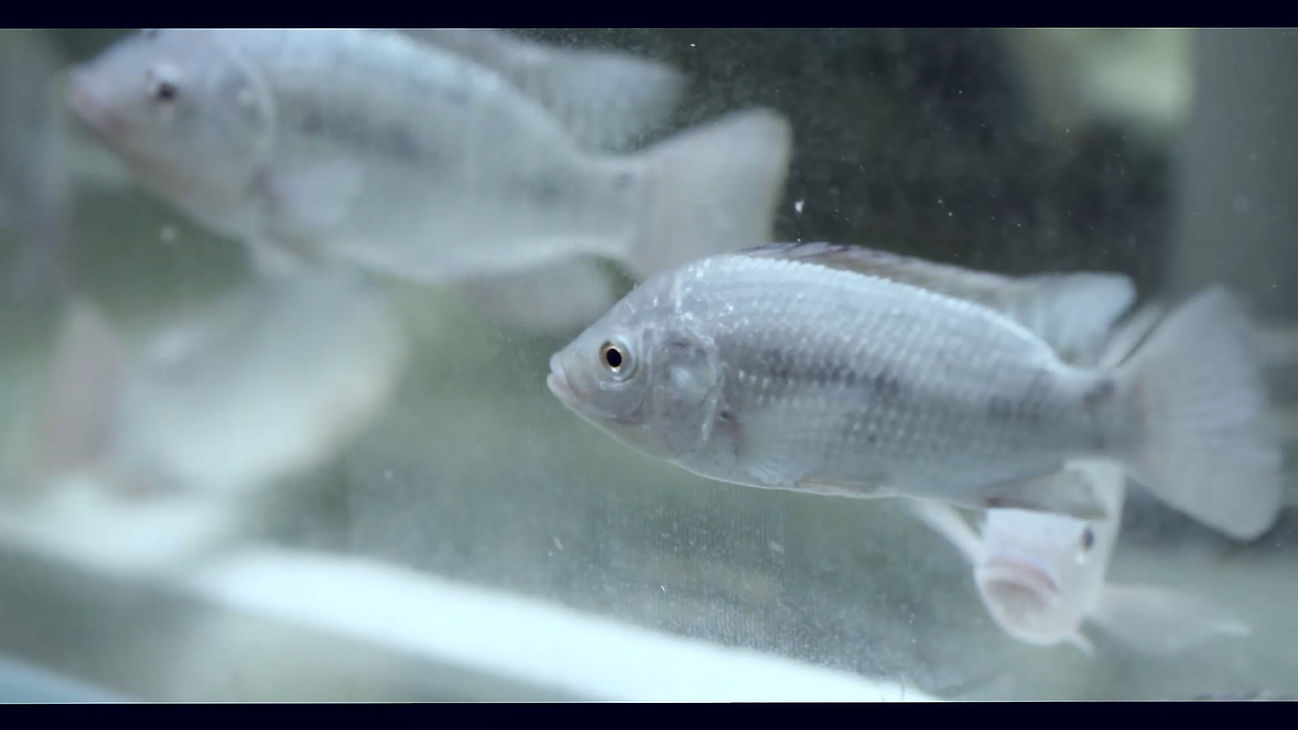High-Quality Poultry & Cattle Vaccines with Adjuvant for Optimal Protection
Immunizations are fundamental for forestalling irresistible sicknesses in creatures, and adjuvants are vital to antibodies. Adjuvants are substances added to antibodies to improve the resistant reaction to the immunization antigen. Steers and poultry are two of the main creature bunches in farming, and every species has explicit necessities for antibody adjuvants. This article will discuss the distinctions between cow immunization and poultry antibody adjuvants.
Cattle Immunization Adjuvants:
Cattle Vaccine Adjuvant is intended to protect animals from disease, some study indicates that they may also have long-term adverse effects. Other issues include the mercury content of some vaccines, which, when consumed by people, can result in serious neurological harm. Additionally, some research has indicated that the aluminium-containing adjuvants used in livestock vaccines are challenging for people to digest. When humans ingest large quantities of these cattle vaccines over time, it may cause digestive problems. Cattle antibody adjuvants are intended to upgrade the invulnerable reaction to the immunization antigen, which can further develop antibody adequacy.
Aluminium hydroxide gels are the most customarily involved adjuvant in dairy cattle antibodies. These adjuvants invigorate areas of strength for a safe reaction, which is significant for forestalling intracellular diseases brought about by microscopic organisms and infections.
Oil-in-water emulsions are one more typical adjuvant utilized in dairy cattle immunizations. These adjuvants invigorate areas of strength for a safe reaction, which is significant for forestalling extracellular diseases brought about by microbes and infections.
Saponins are additionally utilized as adjuvants in dairy cattle antibodies. These adjuvants invigorate severe strength areas for an invulnerable reaction and are especially powerful for immunizations against parasitic contaminations.
Poultry Antibody Adjuvants:
Poultry Vaccine Adjuvant the purpose of enhancing the immune reaction to the vaccine, adjuvants are added to poultry vaccines. Vaccines have a chance of working, but they must be given numerous times for the best results. Most of the time, vaccinations are administered in a series of doses that include toxoids or injections as additional immunization techniques. Antibodies, proteins that guard against illness and defend against infections, are produced when a vaccine is administered. Animals who receive vaccinations develop antibodies that protect them from the disease they are immunized against.
Oil-in-water emulsions are the most ordinarily involved adjuvant in poultry antibodies. These adjuvants invigorate areas of strength for a resistant reaction, which is significant for forestalling extracellular contaminations by microbes and infections.
Aluminium hydroxide gels are likewise utilized as adjuvants in poultry antibodies. These adjuvants invigorate a cell-safe reaction and can be powerful for immunizations against intracellular microorganisms.
Mineral oil is one more adjuvant utilized in poultry antibodies. This adjuvant can upgrade both the cell and humoral-resistant reaction, making it a flexible adjuvant for immunizations against various microbes.
Conclusion:
Dairy cattle immunization adjuvants and poultry antibody adjuvants are fundamental for improving the safe reaction to antibodies in their separate creature species. The adjuvant decision relies upon the kind of immunization, target infection, and species-explicit elements. Aluminium hydroxide gels, oil-in-water emulsions, and saponins are generally involved in both steers and poultry antibodies, yet the particular synthesis and properties of these adjuvants might vary between species. Understanding the distinctions between dairy cattle and poultry immunization adjuvants is significant for creating potent antibodies for these important horticultural creatures.


Comments
Post a Comment